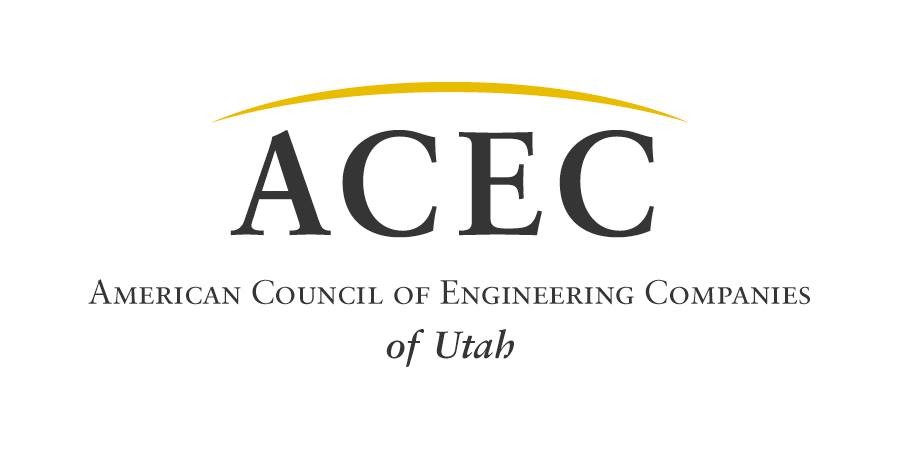Explaining your role as an engineering consultant
 Have you ever faced a puzzled look when you explain what you do for a living? As a consultant, it’s not uncommon to encounter confusion. While the value we bring to our industry and clients is significant, explaining the return on investment (ROI) to a skeptical potential client can be challenging.
Have you ever faced a puzzled look when you explain what you do for a living? As a consultant, it’s not uncommon to encounter confusion. While the value we bring to our industry and clients is significant, explaining the return on investment (ROI) to a skeptical potential client can be challenging.
Let’s start by clarifying what it means to be a consultant. According to experts, a consultant is someone who is “paid to share their expertise and knowledge to help businesses attain goals and solve problems.” For engineering consultants, this means solving complex issues related to infrastructure, such as roadwork, buildings, and other critical projects. The impact of our work can be profound, influencing the lives of millions, often without them even realizing it.
However, the nature of our work can make it difficult to quantify its value upfront. Engineering consulting is an intellectual and often creative endeavor. Unlike tangible products, the solutions we provide are tailored to specific problems, requiring a deep understanding of both technical aspects and client needs. This customization makes it challenging to define the exact ROI before the work begins.
One way to bridge this gap is through open and honest communication. When discussing a potential project with a client, it’s essential to focus on the specific problems they need to solve and the goals they want to achieve. By clearly aligning our services with their objectives, we can create a more concrete understanding of how our work will contribute to their success.
In some cases, it may be beneficial to provide clients with a detailed list of the tasks you can perform for them. This helps to translate the abstract concept of consulting into something more tangible. When clients can see the specific services you offer, it becomes easier for them to appreciate the immense value of your expertise.
Additionally, it’s important to emphasize the strategic role that engineering consultants play. We don’t just provide technical solutions; we offer insights that can shape the direction of entire projects. Our recommendations can lead to cost savings, improved safety, and enhanced efficiency—benefits that may not be immediately visible but have long-term value.
Furthermore, helping clients understand the broader impact of our work can also enhance their perception of its value. For example, when we design safer roads or more resilient buildings, we are contributing to the well-being of entire communities. Highlighting these larger contributions can help clients see beyond the immediate costs and appreciate the lasting benefits of our services.
While consulting may seem like an abstract concept to some, we can take steps to make it more concrete and relatable for our clients. By clearly articulating the problems we solve, the goals we help achieve, and the specific tasks we perform, we can better demonstrate the value of our work. Ultimately, it’s about helping clients see that investing in our expertise is not just an expense, but a pathway to achieving their broader objectives and contributing to the greater good.






